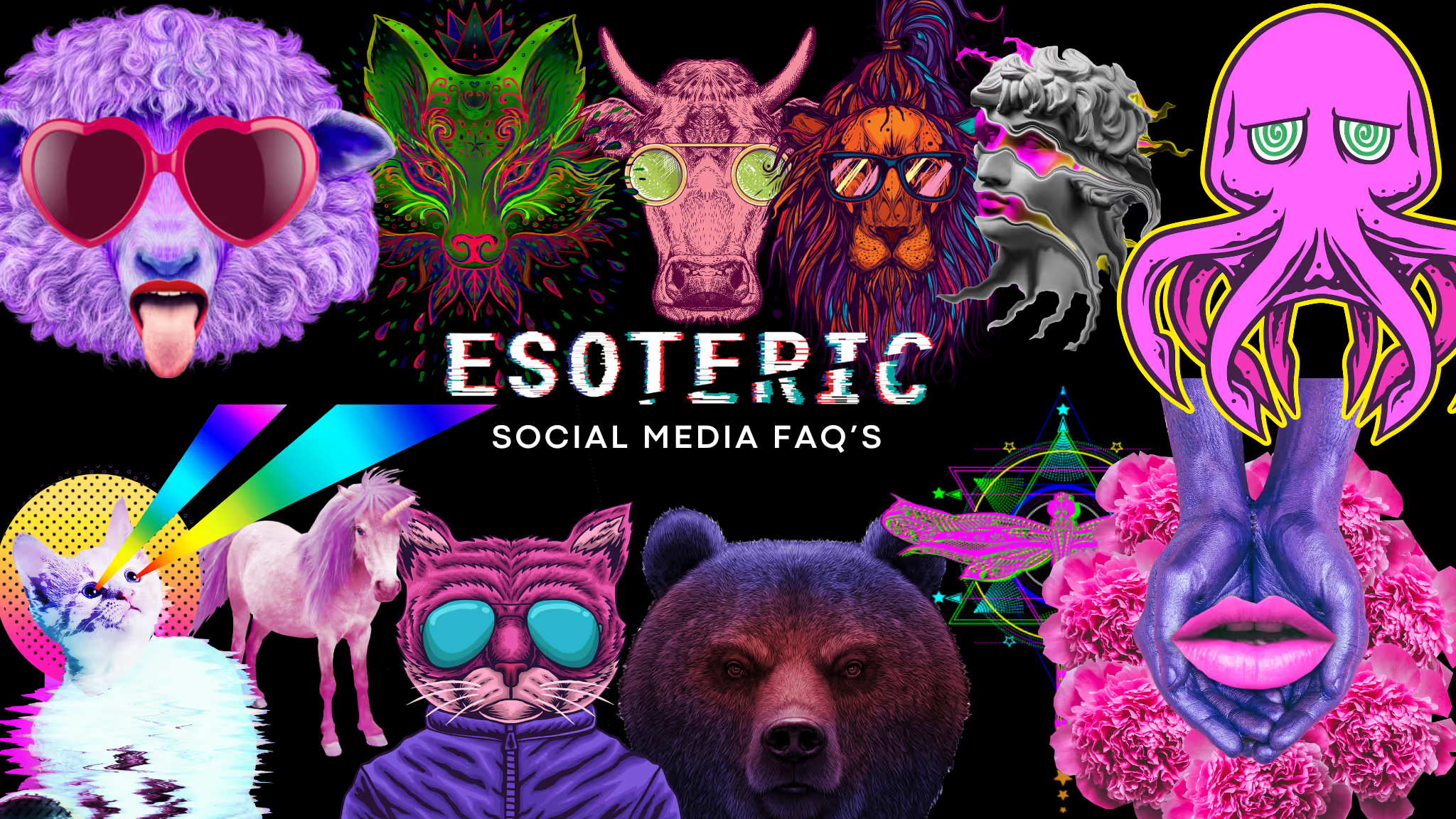TLDR
- Search is moving from keywords to natural conversations.
- AI powered systems prioritise intent and context over exact matches.
- Businesses must optimise for questions and longer conversational queries.
- Content should be structured for clarity and machine readability.
- Agencies help brands adapt strategies to align with how people now search.
- ROI comes from higher AI visibility and more relevant customer connections.
Why search has changed
In the past, SEO was about finding the right keywords and repeating them enough to rank. This approach worked when search engines were simple. Today, AI powered systems interpret meaning, context and intent. Users no longer type in short keywords. They ask full questions, just as they would in a conversation.
For businesses in the UAE and Saudi Arabia, this means that old keyword strategies are not enough. To be visible, content must reflect how people naturally speak and search.
What conversational search looks like
Instead of typing “best gym Dubai”, people now ask, “Which gyms in Dubai have personal trainers and flexible memberships?” AI systems process these queries by looking for clear, detailed answers.
Brands must anticipate these conversational queries and provide content that answers them directly. This approach requires more depth, clarity and context in content creation.
Optimising for intent
The key to conversational SEO is intent. What is the user really asking? An AI assistant interpreting “Which restaurants in Riyadh are good for families?” is looking for more than just a list of restaurants. It wants context such as child friendly options, menu variety and location.
Agencies help brands identify user intent and craft content that provides complete answers.
Structuring content for clarity
Machines need structure to deliver precise answers. Agencies optimise content with:
- Clear headings and subheadings
- FAQ sections for common questions
- Schema markup to identify services, products and locations
- Concise summaries alongside detailed explanations
This balance makes content easy for both humans and AI systems to process.
Case example: Dubai healthcare provider
A healthcare clinic in Dubai shifted from generic content about “dental services” to detailed answers like “What is the cost of braces in Dubai and how long does treatment take?” This positioned them in AI powered search answers and increased patient inquiries.
Case example: Saudi education provider
An education company in Saudi Arabia created Q&A style content about admission processes, scholarships and career outcomes. As a result, they were included in AI generated search answers for prospective students, boosting applications.
From keywords to conversations in practice
Agencies help brands transition from keywords to conversations by:
- Auditing existing content for gaps in conversational coverage
- Expanding blog strategies to include natural language questions
- Training content teams to write with clarity and depth
- Measuring performance in AI driven search results
This ensures that strategies are not just focused on volume of content but on relevance to how people search today.
ROI from conversational optimisation
The return on investment is clear:
- Higher visibility in AI powered search answers
- Stronger relevance to user intent
- More qualified leads from precise answers
- Increased trust from customers who find helpful information
For businesses in competitive markets like Dubai and Riyadh, conversational optimisation is a clear advantage.
Why agencies are essential
Shifting from keywords to conversations requires technical SEO, cultural understanding and content expertise. Agencies provide the mix of skills needed to succeed. They ensure that content is discoverable, relevant and aligned with local search behaviours.
By working with agencies, brands can future proof their visibility in the AI era.
Looking ahead
In 2026, conversational search will only grow. As AI assistants become more sophisticated, users will expect natural dialogue and personalised recommendations.
Businesses in the UAE and Saudi Arabia that optimise for conversations now will lead the way, connecting with customers more directly and effectively.




